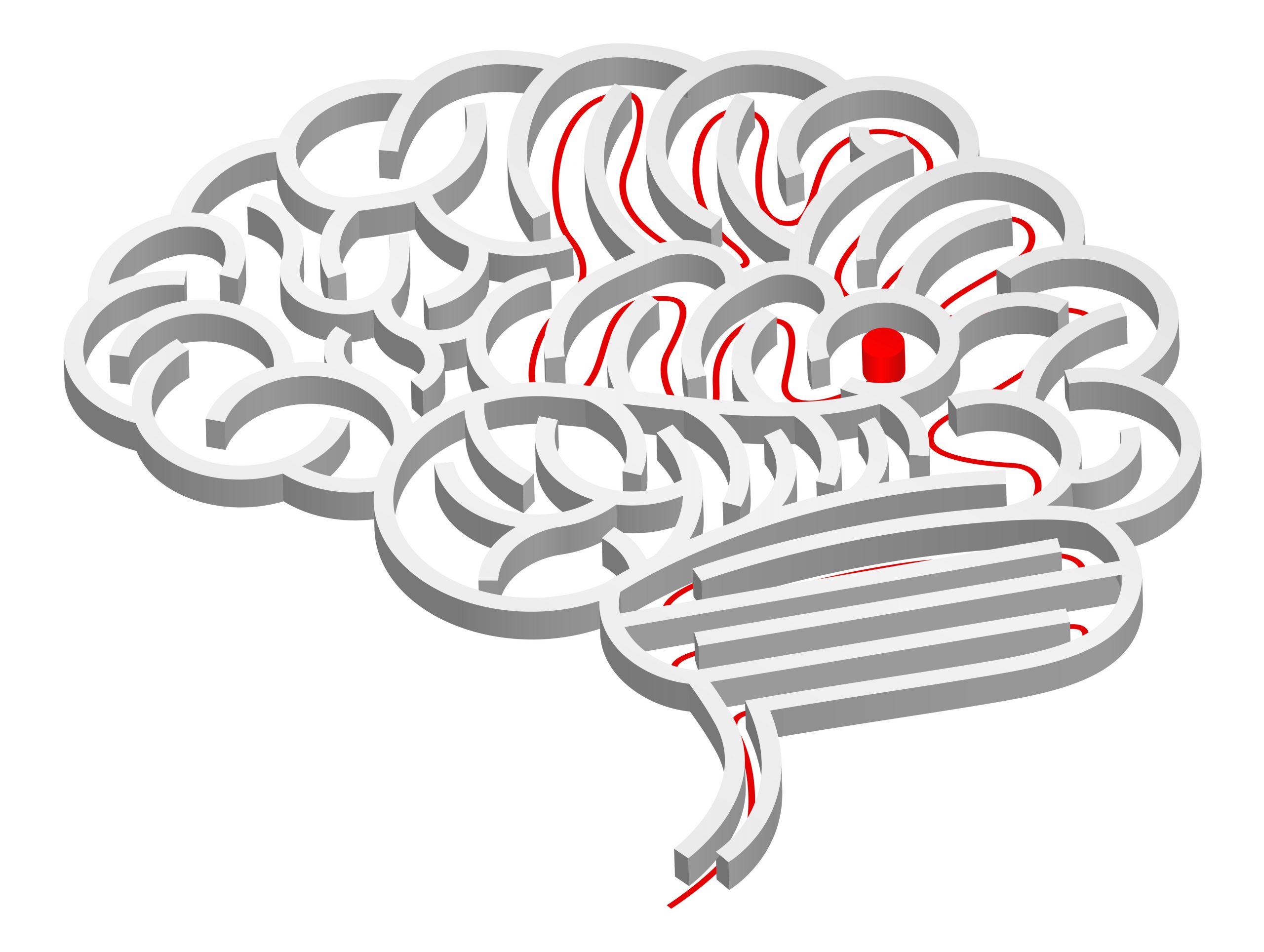With an industrial and organizational psychology major at Grace College, you’ll use your knowledge of behavioral science in the business world, fostering a safe, productive work environment for your employer and its employees.
Our psychology program finds its foundation in God’s Word, especially in our belief that all humans are made in the image of God. Understanding psychology helps us to be peacemakers and advocates as we motivate, encourage, and resolve conflict with the employees under our care.
As an industrial and organizational psychology major, you can expect interactive, group-based classes, in which you’ll discuss assigned readings and collaborate to find practical approaches to real-life scenarios. You’ll explore what past research and case studies have concluded, what your professors have seen as experienced practitioners, and which techniques experts use today.
You’ll take both behavioral science core and major-specific courses. Your core classes will introduce you to the foundations of counseling, criminal justice, and behavioral science research.
With an industrial and organizational concentration, you’ll apply psychology study to the business sphere. You’ll specialize in topics such as business psychology, organizational psychology, and human resource management. If you can’t choose between studying business or the brain, this may be the concentration for you.
The industrial and organizational psychology major culminates in a practicum or internship. We’ll work with you to find a setting that best matches your career goals. Because of the great demand for psychology work nationwide, you have several options. Students have interned at inpatient and outpatient mental health units, hospitals, nonprofits, corporate settings, and government positions.
Once you graduate with an industrial and organizational psychology degree, you’ll be equipped to use your psychological training in a for-profit setting, not to mention a variety of other fields. Graduates have gone on to work for corporations, hospitals, inpatient mental health units, addiction recovery organizations, youth and family providers, the Department of Child Services, nonprofits, shelters, and schools.
orld.




